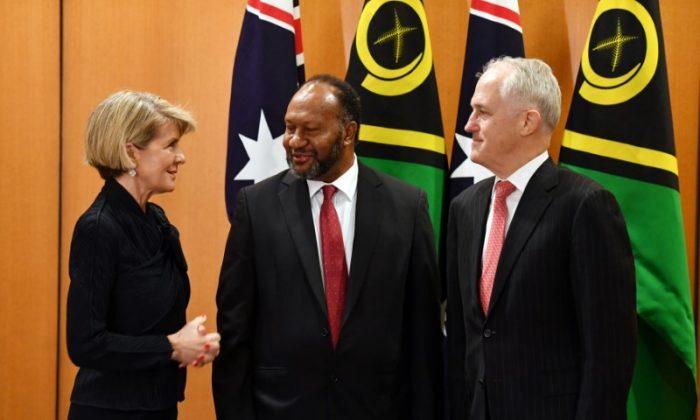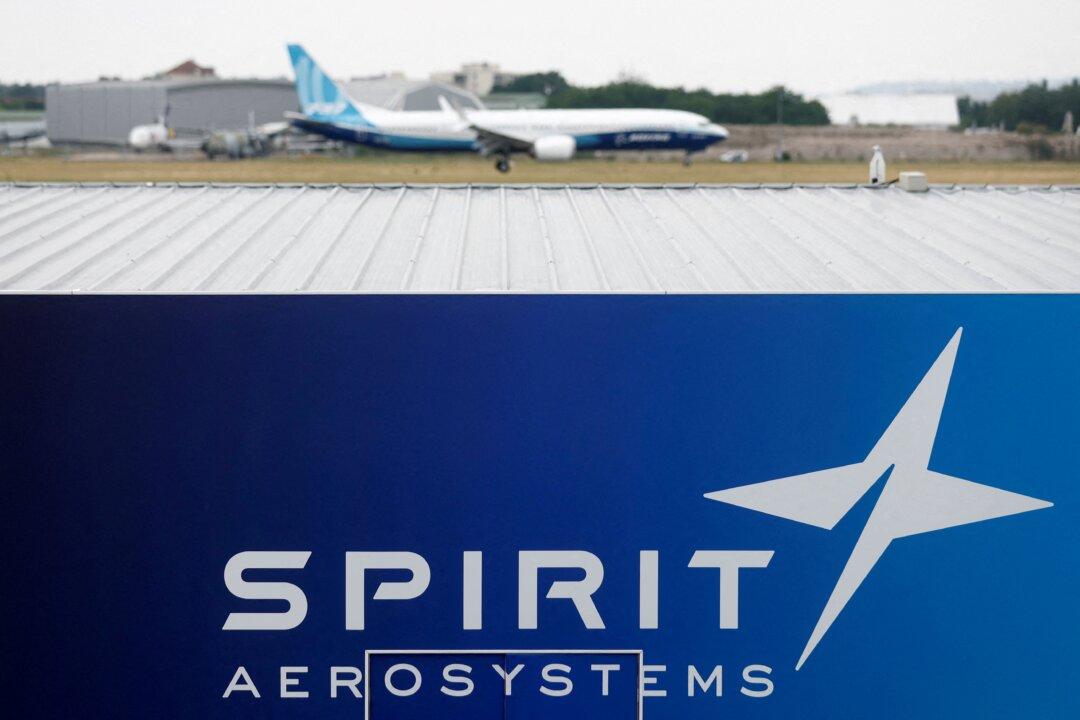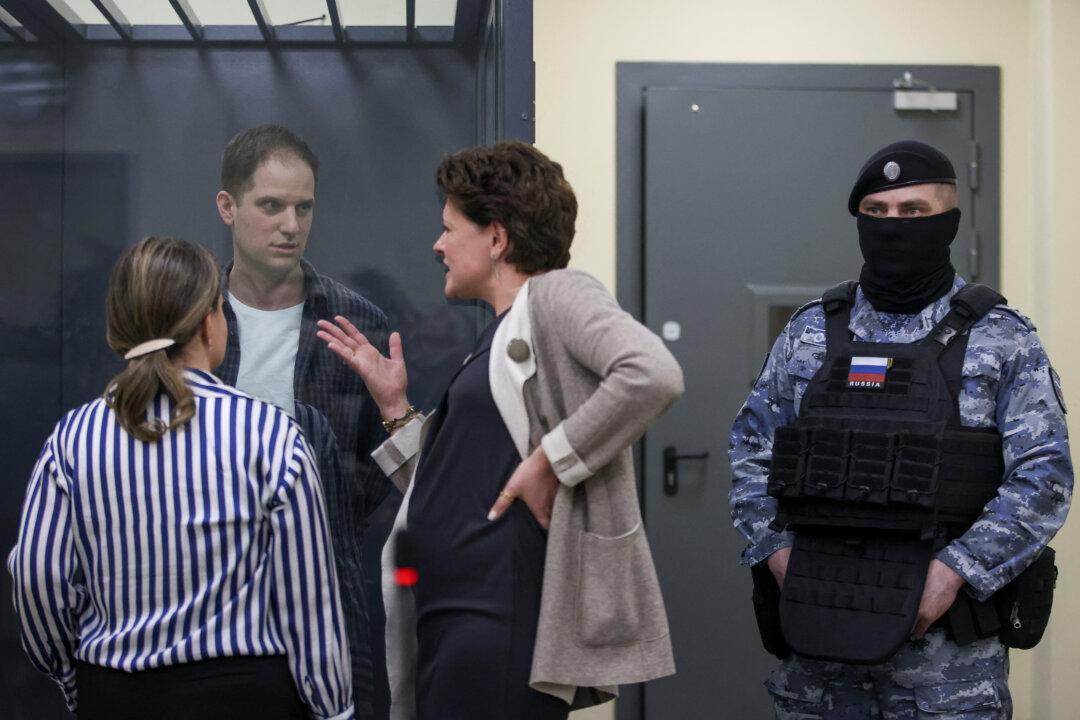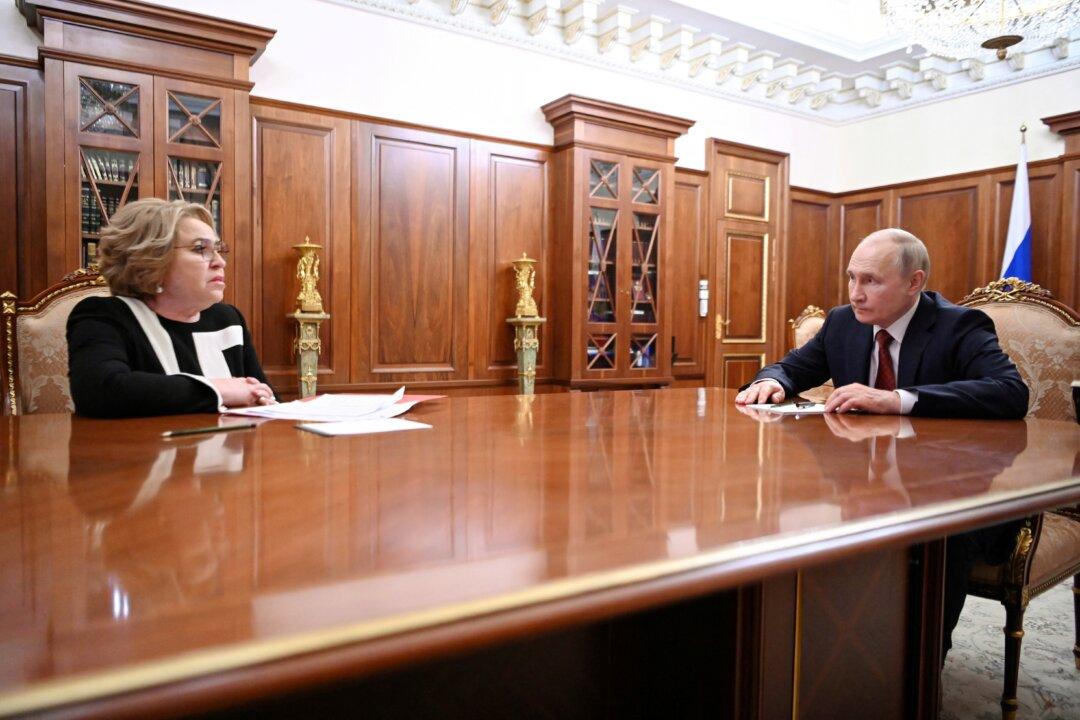SYDNEY—Australia promised on June 25 to bolster the cyber security capabilities of Vanuatu as it agreed to begin negotiating a security treaty with its Pacific neighbor.
Meanwhile, tensions have fueled a chill in relations between the two trading partners, which hit a low after Australia accused China late last year of meddling in domestic affairs and announced a crackdown on foreign interference in response.
In April, Australia had expressed “great concern” at reports, later denied by both sides, that Vanuatu and China were in talks to establish a Chinese military presence in the Pacific nation.
During a visit to Canberra by Vanuatu Prime Minister Charlot Salwai, Australia offered up to A$19.5 million ($14 million) in education aid and said it would spend A$400,000 ($296,020) to help develop Vanuatu’s cyber policies and security.
Maritime surveillance, police, and defense cooperation would underpin the security treaty, Prime Minister Malcolm Turnbull said in a statement, but he gave no date to begin talks.
China has likewise become increasingly active in the South Pacific, providing infrastructure projects, aid, and funding for small, developing island nations.
China’s commitment of $1.8 billion to the region by June 2016 is dwarfed by Australia’s $7.7 billion contributions, according to research by Australian think tank, the Lowy Institute, but China’s investments have raised Australia’s hackles at the prospect of eroding its own long-time influence.
Cybersecurity has become a flashpoint, with Australia’s security agencies worried that hardware installed by Huawei could pose a data security risk.






Friends Read Free